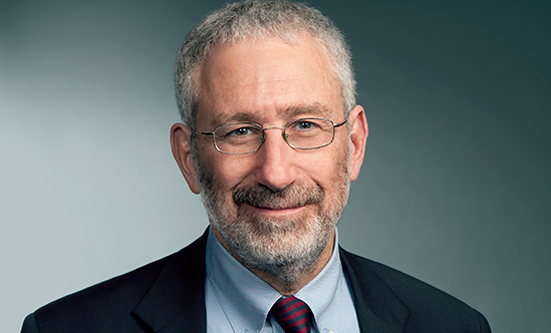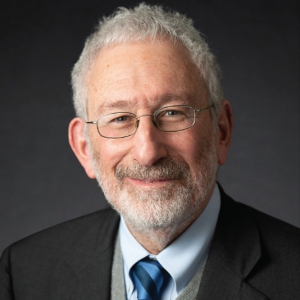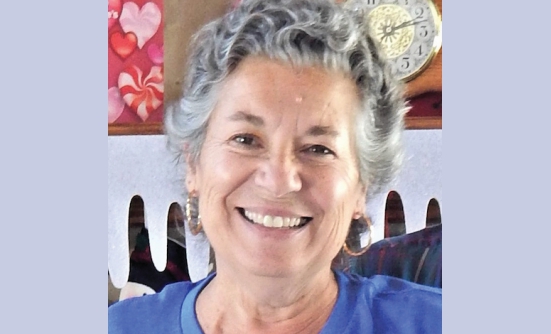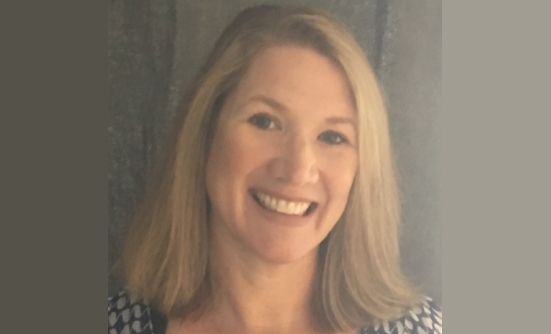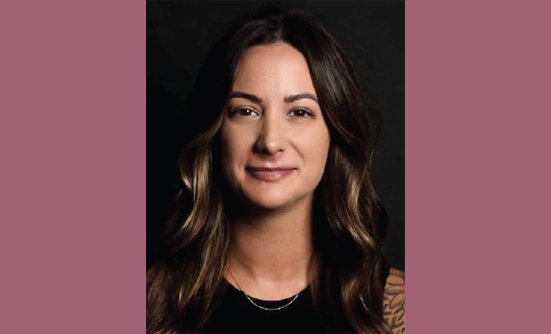Getting a restful night’s sleep is important even for the healthiest of people. According to the National Institutes of Health, getting enough sleep is vital to our physical health, brain function, mental well-being, and good quality of life, among other things.
Although many Americans find themselves “counting sheep” at some point in their lives, insomnia may be especially debilitating for patients with cancer, often resulting in excessive fatigue, mood disturbances, negative physical effects, such as headaches and, other types of pain, and, in some cases, immune deficiencies, according to some studies.
A 2015 study that surveyed patients with breast or prostate cancer, the patients reported an increase in chronic sleep disturbances after certain cancer treatments, such as chemotherapy and radiation therapy. This study underscores what many cancer experts and patients with cancer or cancer survivors know firsthand—trouble sleeping is a common problem for patients who are receiving cancer treatment.
The National Institutes of Health estimates that between one-third and one-half of all patients with cancer have difficulty sleeping through the night. Considering the potential consequences of insomnia on patients’ health and stamina during and after cancer treatment, it is important to find a plan that will help to reduce any sleep disturbances.
Kristen Trukova, a Clinical Oncology Dietitian at Cancer Treatment Centers of America (CTCA) near Chicago, recommends the following tips to help patients with cancer get a good night’s sleep.
Restrict your caffeine intake. Limit your caffeine intake to the morning. Keep in mind that 50% of the caffeine you consume will still be in your bloodstream 6 hours after drinking it. After 12 hours, some caffeine will still be affecting you and may keep you awake. Although caffeine tolerance varies, it stays in your body longer than you may realize.
Limit your alcohol consumption. Having a cocktail may help you fall asleep quickly, but studies have shown that alcohol disrupts the body’s ability to stay asleep and get a restful slumber. Alcohol reduces rapid eye-movement, or REM, sleep and deep-sleep stages. This often leads to a light, and more wakeful, sleep, leaving you tired the next day. Also, the more you drink alcohol, the more likely it is to affect your sleep.
Work out. Exercise has been shown to improve sleep patterns. Just 150 minutes (or 2.5 hours) of moderate to vigorous exercise each week—the amount of exercise the American Cancer Society recommends for cancer survivors—has been shown in some studies to help the body get a more restful sleep. Consider walking, which may be an easy way to increase physical activity, and a good way to sleep better, Ms. Trukova suggests.
Reduce stress. Many people lay down to fall asleep, only to find that their minds are racing, processing the events of the day, and worrying about the next day. Consider keeping a journal, especially before bedtime, to express anything that may be bothering you, or writing a “to do” list for the following day, to help clear your mind and prepare you for rest. Reading is another way that helps some people to calm the mind.
Drink healthy amounts of fluids. It is important to drink enough fluids each day, but too much drinking before bed may increase nighttime wakefulness. Try to reduce the amount of fluids you drink 2 to 3 hours before going to bed, to avoid the need to get up during the night.
Set a sleep schedule. Keeping the same sleep-wake times throughout the week may improve your sleep, by keeping your biological clock consistent. Based on your sleep cycle, your body releases hormones that encourage sleepiness and wakefulness at certain times.
Key Points
- Preventing sleep troubles can help patients deal better with treatment
- Some of the caffeine is still affecting you 12 hours after drinking
- Walking may be an easy way to increase physical activity, and a good way to sleep better





